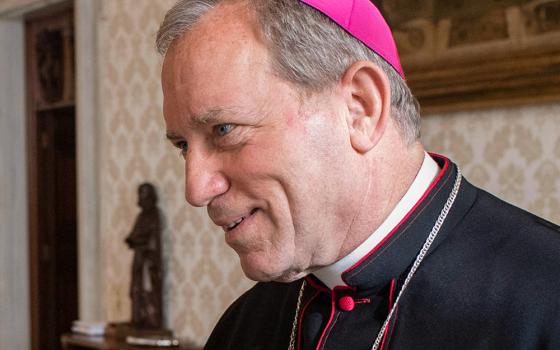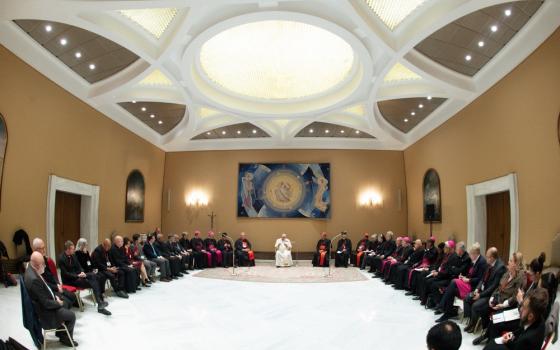Two new documents concerning Pius XII and the Holocaust unearthed in an English archive seem destined to add fuel to the fire of an already polarized debate about the World War II-era pope’s alleged “silence.”
Italian news agencies are reporting today that the first document is a brief account of an Oct. 19, 1943, meeting between Pius XII and the American Ambassador to the Holy See, Harold Tittmann. Although that session came just three days after the deportation of Roman Jews by the Nazis, the subject apparently did not arise.
Instead, Tittmann reported that Pius XII urged the Allies to ensure that the city of Rome did not become a battleground.
Pius XII also expressed concern, according to the document, about “small bands of Communists” operating around the city which might commit acts of violence between the departure of German occupying forces and the arrival of the Allies. Reportedly, he also stated that up to that point, the German occupiers had demonstrated respect for the Holy See.
The second document, apparently much longer, is a report of a November 1944 conversation between Pius XII and British Ambassador Francis D’Arcy Osborne. According to that text, D’Arcy Osborne pressed the pope to denounce the Nazi deportation of Jews then unfolding in Hungary.
Pius replied that he was also under pressure to denounce Soviet war crimes in Poland and the Baltic states, something D’Arcy Osborne urged him not to do because of its possible impact on public opinion. At the time, the Soviets were an ally of the United States and Great Britain.
According to today’s reports, Pius XII said he was still considering what to do, but that in any event, a papal condemnation would be “anonymous,” meaning that he would denounce abuses without mentioning the guilty parties by name.
When D’Arcy Osborne insisted that Soviet conduct could not be compared to the mass extermination of Jews in gas chambers by the Nazis, according to his report, Pius XII agreed.
Some commentators in the Italian press have predicted that the new documents put Pius XII in an unflattering light, confirming his general reluctance to speak out directly against the Nazis.
However, Andrea Riccardi, the founder of the Community of Sant’Egidio as well as a lay Catholic historian and a veteran of Catholic/Jewish dialogue, argued that they can be read in a different light.
The first document, Riccardi said, simply confirms Pius XII’s already well known concern for keeping Rome safe. The second, he said, illustrates his larger approach to crimes against humanity during the war – “to denounce the sin, but not the sinner.”
Pius’ agreement with D’Arcy Osborne that the Nazi campaign against the Jews could not be compared to other war crimes, Riccardi argued, is a “sign that the pope was aware of the historical enormity of the Shoah as a crime without precedents.”
The two documents were revealed by Italian researchers Mario J. Cereghino and Giuseppe Casarrubea, best known for their work on the mafia.




